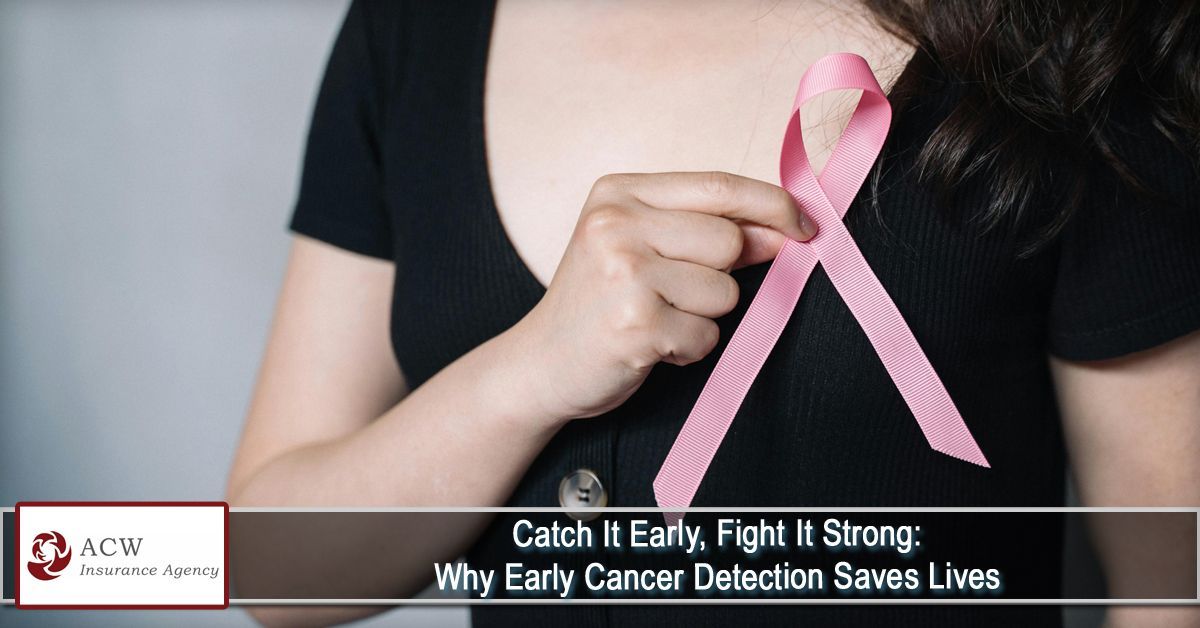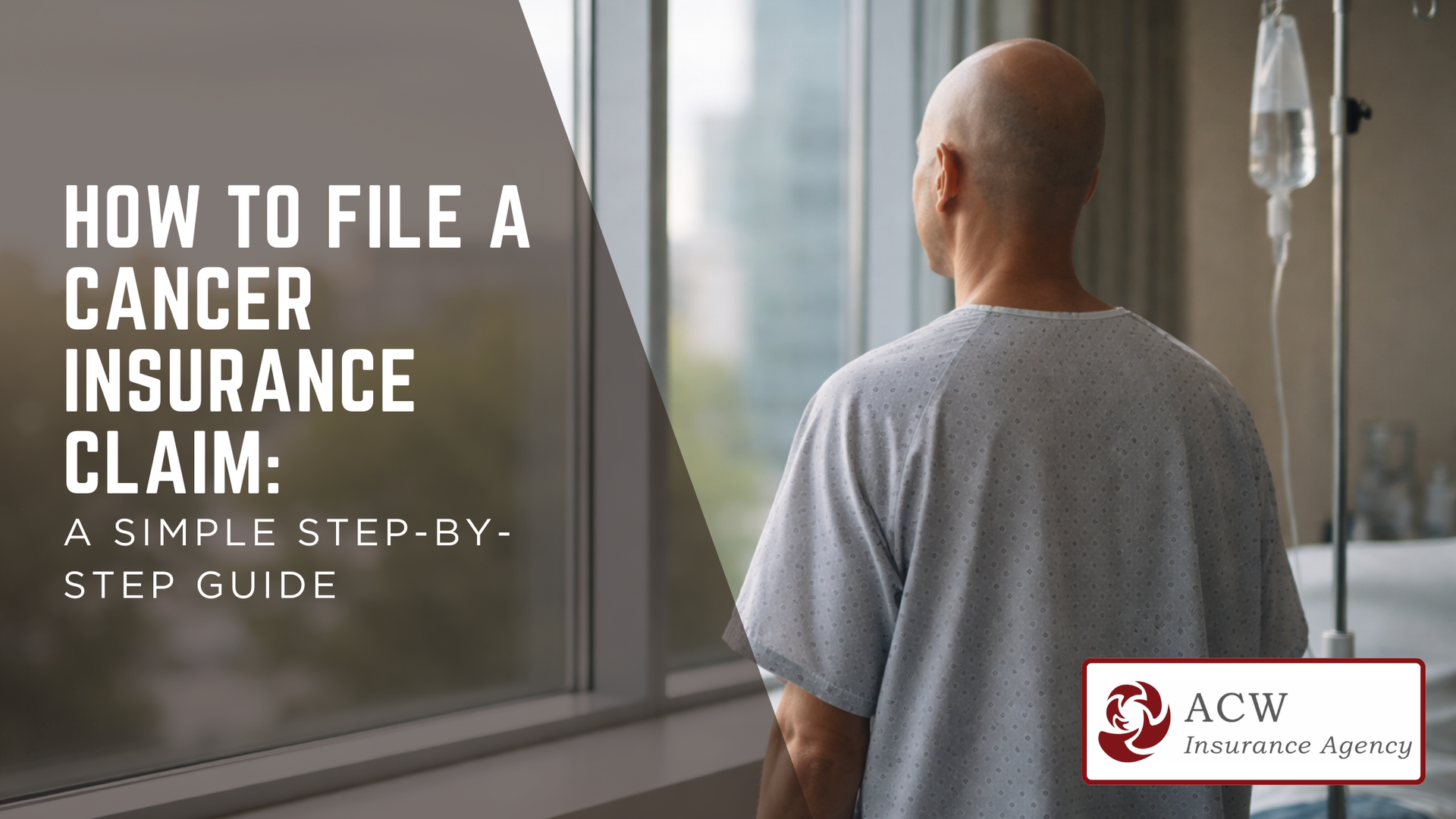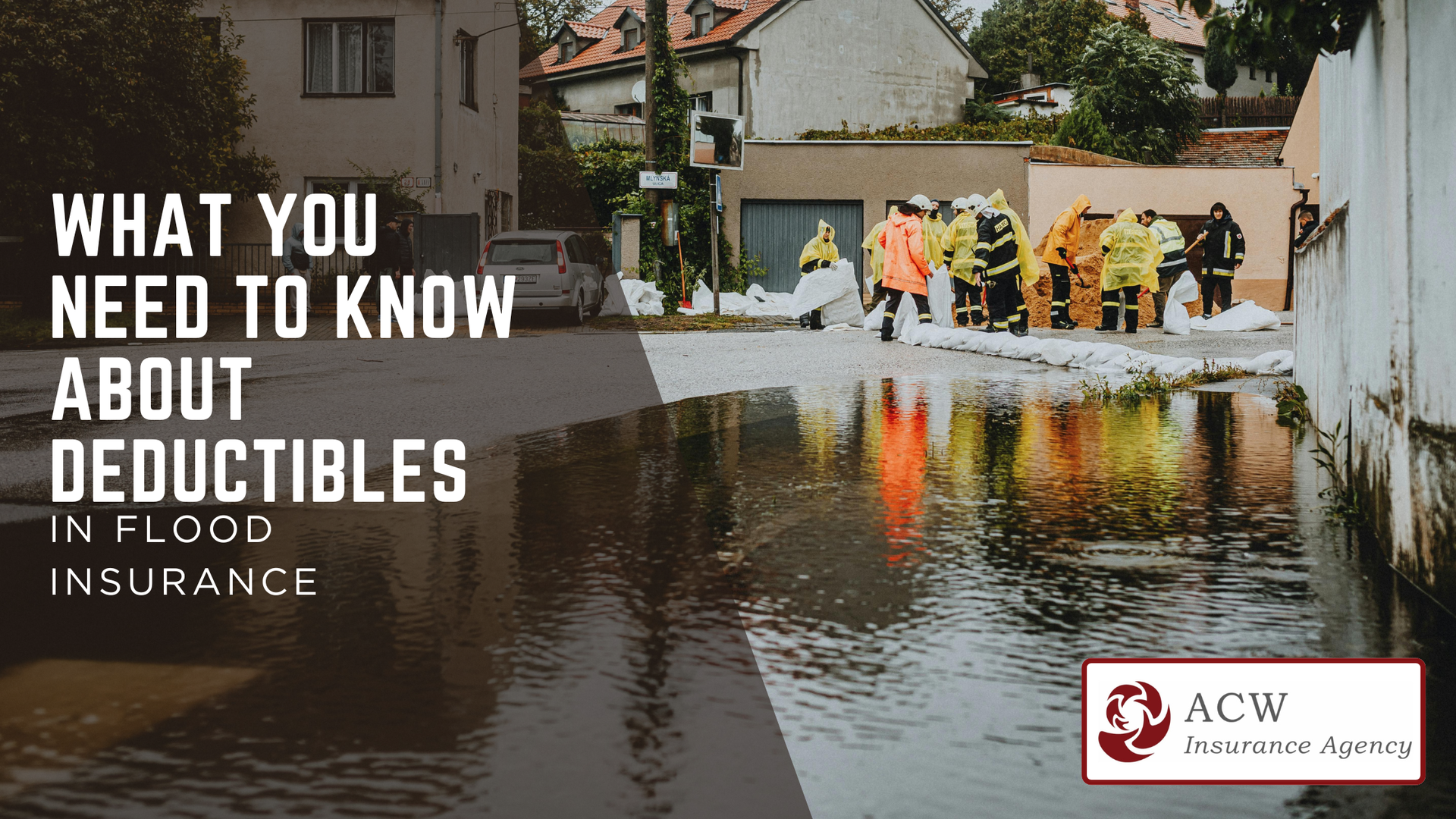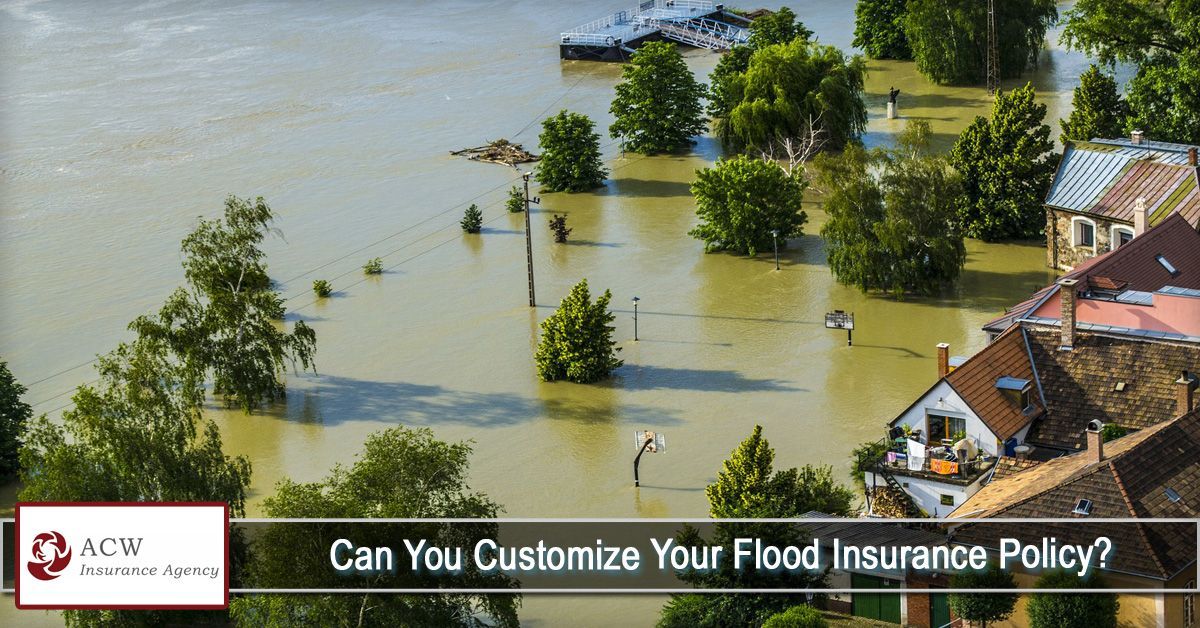
When it comes to cancer, time is one of the most powerful tools we have. The earlier cancer is detected, the more effective and less invasive the treatment often is. In fact, early detection can significantly improve survival rates, reduce complications, and increase quality of life for patients and their families.
This blog explores why catching cancer early is so critical, how screenings play a vital role, and how health insurance helps make early detection possible.
Why Early Cancer Detection Is Critical
Cancer begins when abnormal cells grow uncontrollably. In its early stages, cancer often doesn’t cause noticeable symptoms. However, detecting cancer before symptoms appear can dramatically increase the chances of successful treatment.
Key Benefits of Early Detection:
- Higher survival rates – Many cancers caught in Stage I or II have a 70–99% five-year survival rate.
- Less aggressive treatment – Early-stage cancers often require less toxic or disfiguring interventions.
- Lower treatment costs
– Treating advanced cancer is significantly more expensive than treating it early.
- Better quality of life – Early detection often means fewer side effects and better recovery outcomes.
Types of Cancers That Benefit Most from Early Screening
Many common cancers can be detected early through routine screening, especially:
1. Breast Cancer
- Screening: Mammograms
- Recommended: Annually or biennially for women 40+
2. Colorectal Cancer
- Screening: Colonoscopy, stool-based tests
- Recommended: Starting at age 45
3. Cervical Cancer
- Screening: Pap smear and HPV testing
- Recommended: Every 3–5 years for women 21–65
4. Lung Cancer
- Screening: Low-dose CT scan
- Recommended: For high-risk individuals (e.g., smokers aged 50–80)
5. Prostate Cancer
- Screening: PSA blood test
- Recommended: Based on individual risk and after age 50
6. Skin Cancer
- Screening: Regular dermatological exams or self-checks
- Recommended: For people with high sun exposure or family history
Tip: Screening guidelines may vary based on age, family history, race, and personal risk factors—consult your doctor to create a personalized plan.
The Role of Health Insurance in Early Detection
Health insurance plays a critical role in ensuring access to preventive care and early diagnosis. Many policies—especially under the Affordable Care Act—cover cancer screenings at no cost to the patient, including:
- Annual wellness visits
- Mammograms
- Colonoscopies
- Pap smears
- Lung CT scans (for eligible individuals)
Having health insurance also ensures quicker access to:
- Follow-up tests
- Specialist consultations
- Treatment planning and approvals
Bottom line: Without insurance, many individuals skip screenings due to cost—potentially delaying diagnosis until cancer reaches an advanced stage.
How to Stay Proactive
1. Know Your Family History
Share it with your doctor and update it regularly.
2. Schedule Regular Screenings
Don’t delay routine exams—even if you feel healthy.
3. Report New Symptoms Promptly
Persistent fatigue, lumps, weight changes, or unusual bleeding warrant medical attention.
4. Maintain a Healthy Lifestyle
Eating well, exercising, limiting alcohol, and avoiding tobacco can reduce cancer risk.
5. Review Your Health Insurance Coverage
Make sure your plan includes preventive care and screenings.
Final Thoughts: Early Detection Saves Lives
Cancer doesn’t always come with warning signs—but routine screenings and early diagnosis give you the upper hand. With timely medical intervention, many cancers can be treated effectively or even cured. Combined with the financial and access support that health insurance provides, proactive care becomes both possible and powerful.
Pro Tip: Don’t wait for symptoms. Make early detection a habit—because the sooner cancer is caught, the stronger your chances of beating it.
At ACW Insurance Agency LLC, we are dedicated to providing our clients with comprehensive and affordable insurance policies. Our commitment extends to going the extra mile to address your specific needs. To learn more about how we can assist you, please contact our agency at (772) 261-2573 or CLICK HERE to request a free quote.
Disclaimer: The information presented in this blog is intended for informational purposes only and should not be considered as professional advice. It is crucial to consult with a qualified insurance agent or professional for personalized advice tailored to your specific circumstances. They can provide expert guidance and help you make informed decisions regarding your insurance needs.









